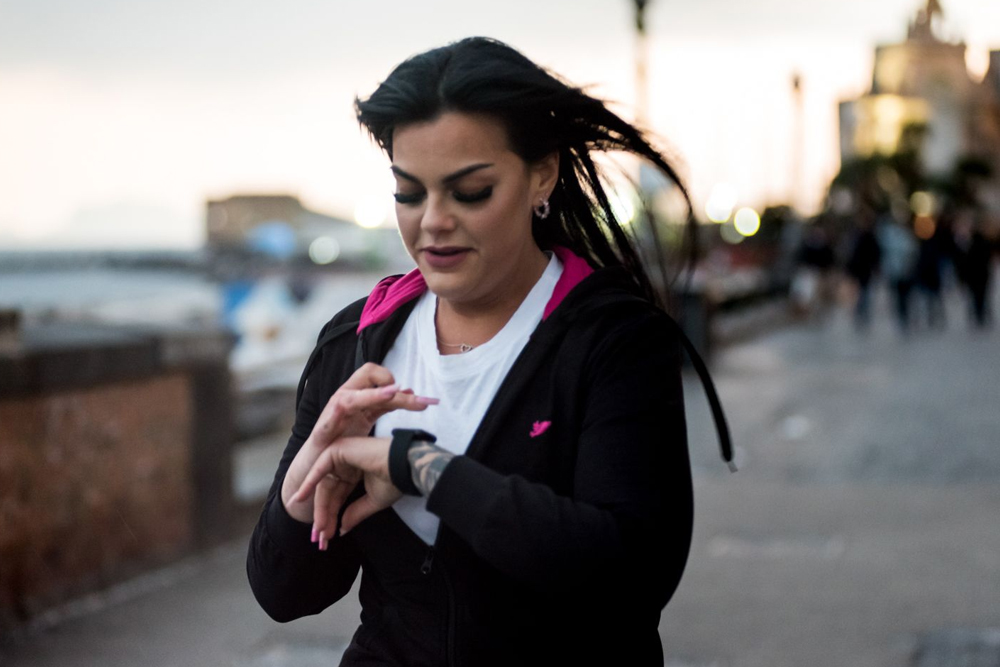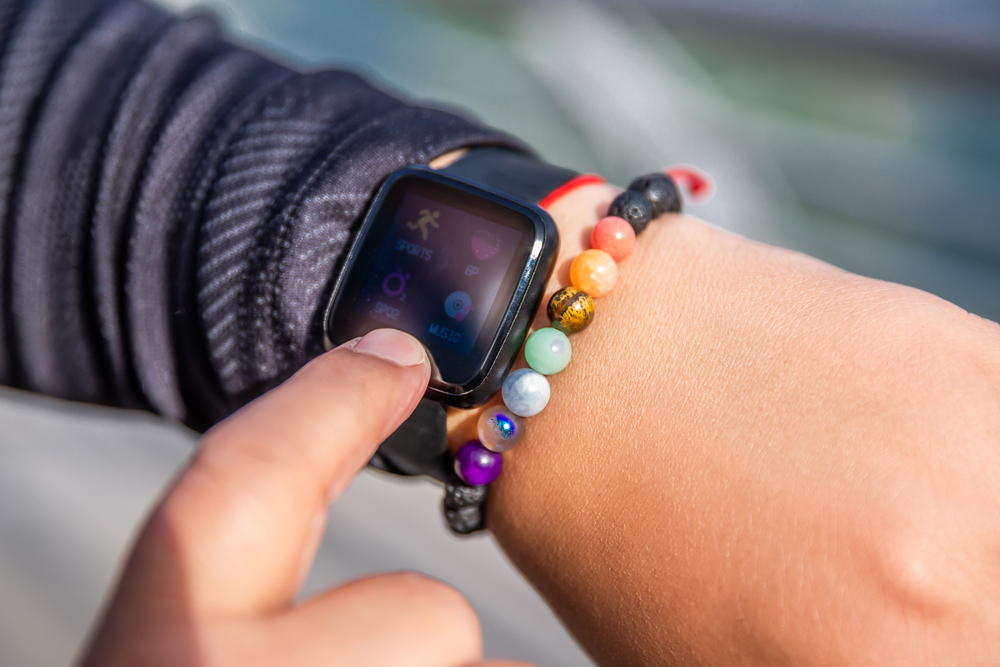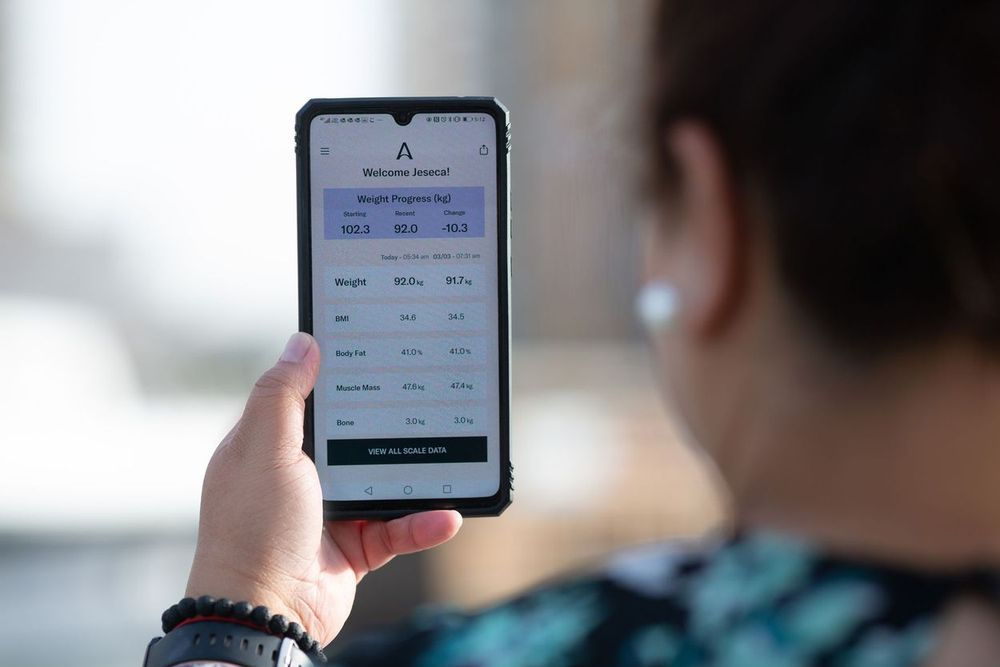
We have come out on the other side of what can only be described as a life-changing two years. The massive impact Covid-19 has had on the world cannot be denied, be it with human interaction, the acceleration of the new digital revolution, such as the ease of virtual communication with public and private entities, and most especially, the healthcare sector. Since the emergence of the novel virus, many have sought virtual care, as telehealth emerged as an effective alternative to in-person care due to the limited access to healthcare facilities and administrators during the pandemic.

That being said, the shortage of healthcare facilities and practitioners is not a new phenomenon, it was only exacerbated by the virus. In 2019, The World Medical Association reported, at the time, that there are 76 countries with fewer than one physician per thousand people and 3 billion people without access to a health professional2. Hence why many countries including the UAE now recognize the role of virtual care in solving issues such as this, with investments in the digital transformation of their healthcare systems. At the 2022 HIMSS Global Health Conference & Exhibition, it was stated that Abu Dhabi had mapped out a 10-year digital transformation strategy led by the Department of Health-Abu Dhabi, which is based on a patient-first approach, with the goal to provide insights-driven and value-based care to deliver cutting-edge preventive, pervasive and personalized medicine to the country.
However, it is important to first understand what telehealth entails. The range of virtual care goes beyond the usual urgent care visit. In fact, digital health is often described as a concept which includes solutions for a vast number of virtual healthcare avenues including telemedicine, teleconsultation, remote monitoring, connected devices and health apps. This concept also includes related health data analysis and applications in systems based on big data, such as for epidemiology research and A.I. enabled diagnosis support4. With this in mind, brands such as Allurion; a pioneering leader in the development of innovative, scalable, and trusted weight loss experiences here in the UAE, are committed to the development of virtual healthcare solutions which will provide consumers with the right level of personalized support, to meet their needs.
Allurion is committed to the fight against obesity in the UAE with its transformative solution which offers the world’s first and only weight loss device that requires no surgery, endoscopy, or anesthesia. The brand began its digital transformation in 2020 after market research revealed that its consumers wanted a more seamless experience in regards to meeting their healthcare providers and exchanging data. At the center of The Allurion Program is the Allurion Balloon, the world’s first and only swallowable, procedure-less gastric balloon for weight loss, which passes naturally after approximately 16 weeks and it was found that consumers who weighed themselves more frequently during the program and shared the data with their healthcare providers lost more weight and kept it off longer.

This did not stop at consumers. Allurion also discovered that its partner healthcare providers required better access to the data on weight, activity, exercise and sleep, which would enable them to provide more holistic and real-time care. And finally, the Allurion team itself realized that in order to continuously improve its offering and gain insights from the many data points generated by its ecosystem, it would need real-time analytics on the performance from partner healthcare providers and consumers.
Armed with this knowledge, Allurion launched the Virtual Care Suite (VCS), which is designed to work hand-in-hand with the Allurion Balloon. The initial rollout featured the Allurion Connected Scale and Health Tracker watch; to measure all aspects of body composition and activity data such as steps and exercise, the Mobile App; which provides real-time data from the Scale and Health Tracker, enabling data sharing and communication with the healthcare provider, the Clinic Dashboard; a turnkey solution that helps healthcare providers understand their aggregate results and access real-time insights to tailor patient care and Allurion Insights; a portal that enables message, telehealth, and end-to-end patient management.

In a bid to always provide customers with powerful tools to turbocharge their care delivery and leverage the power of data, Allurion has now introduced a major update to the VCS, which includes the Allurion Iris Artificial Intelligence Platform and Success Predictor, the first in a pipeline of machine-learning algorithms designed to improve patient outcomes. The Success Preditor can inform the clinic if the patient is on track or not to reach their minimum expected weight loss, as early as 20 days into the program. Through early identification of patients needing additional support, clinicians can intervene sooner, enabling them to course correct the patient’s care, quickly getting them back on track.
In addition, through the introduction of Treatment Tracking and Clinic-Led Onboarding, the VCS now enables seamless management of patients undergoing one or multiple weight-loss treatments including gastric balloons, surgery, or medications.
Through solutions such as Allurion’s VCS, consumers and providers can engage with one another in real-time and access insights that will lead to improved outcomes. Ultimately, telehealth will be able to transform the static “doctor-patient relationship” into a highly dynamic ecosystem where all stakeholders, in this case, Allurion, its partner healthcare providers and patients, are aligned to deliver life-changing results.
For more information, please visit https://allurion.com/en/find-clinic
















